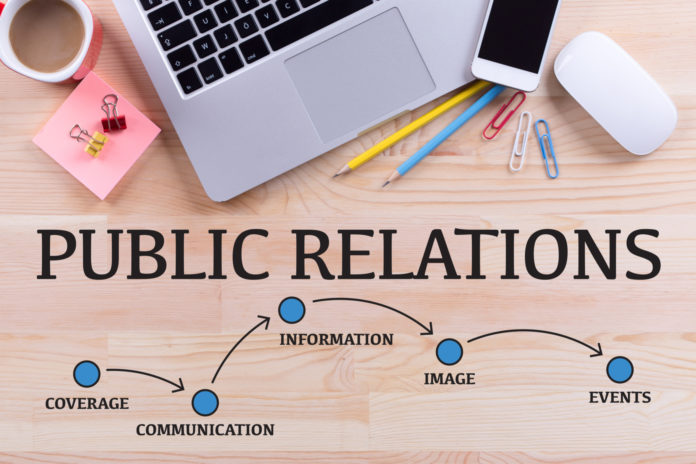I am going to go out on a limb and guess that as a cannabis business owner, someone along the way has said you need to invest in PR. They said you needed it, and you nodded your head in agreement. In fact, you may even have called to talk to a PR consultant or two. But do you really know what PR is, or what kind of help you were asking for? There’s a reason PR keeps coming up. It’s a powerful business growth and awareness tool.
What is PR?
PR stands for public relations. It is a key component of any comprehensive marketing strategy. In defining PR, maybe it’s best to start with what it’s not.
In my experience, people often confuse PR with advertising. While advertising also is an important element of a strategic marketing plan, the two disciplines are completely different. Advertising is a paid for placement where you control the content. You decide the message you want to convey, and you select the words and images to convey it. Advertising is important for maintaining ongoing brand awareness. With the proper budget, you can ensure your company name is out there on a frequent basis. It gives you the ability to choose exactly when, where, and how your brand message appears in in the media.
What then is PR you ask?
Put succinctly by mg Magazine Director of Content Kathee Brewer, “Advertising is designed to sell the public on your company, product, service, etc.; PR is designed to sell the media (thereby indirectly selling the public).”
It’s the process of developing key messages, managing clients’ reputations, and contributing to content development and storytelling, with the intention of generating media coverage—a story, review, article, or even just a mention. The goal is for this exposure to shine a positive light on a company, executive, brand, product, or industry. It differs from advertising because it is an earned, third-party endorsement. While the final message is not created and approved by you, it tends to have more credibility than an advertisement because people know it is someone else highlighting your company; you didn’t pay for it. Would you rather tell a potential client or investor that Forbes wrote an article about your company or that you ran an ad in Forbes?
While PR is not a paid for placement, it still requires an investment of time and money. You need an internal or external expert focused on crafting unique stories about your company, products, and people. A big part of their role is dedicated to helping you develop relationships with media sources relevant to your business, which is why you will sometimes hear PR referred to as ‘media relations.’ The more you nurture a relationship with editors, reporters, bloggers, and influencers the more likely they will be to consider you a reliable, credible, go-to resource. This and other tactics will lead to positioning you with media as a thought leader, someone they can count on when they need a quotable source, someone they know will call them back quickly when they are under a tight deadline.
Common PR activities include writing press releases, pitches, media alerts, articles, or story angles; key message development; staging media events and press conferences; and submitting executives as presenters at conferences. All of these contribute to the likelihood—though no guarantees—the media will take an interest in your story, and may lead them to include you or your company in their magazine, newspaper, online outlet, show, or podcast. Using different tools and tactics with different media to reach different audiences will increase your likelihood of getting press coverage that shines a spotlight on your brand or company.
As you’ve been told before, your business needs PR. It is true. It’s a powerful tool that will support your many other marketing initiatives.
What can PR do for the cannabis industry?
As a relatively young and rapidly evolving industry, the cannabis sector can benefit from PR more than most. When dealing with a more established industry, there isn’t always a significant educational component involved. You don’t need to educate people about the basic benefits of shoes or a car. People have a general understanding and positive impression of these product categories. However, the cannabis industry needs to continue to educate its audiences, which may include government officials, business leaders, investors, and the general public. From the myriad misconceptions about the industry, its players, and the plant to rules and regulations that vary from state to state to the stigma surrounding cannabis, there is a need for ongoing, positive information. Every cannabis-related business should feel a sense of responsibility to educate the public and eliminate misconceptions. Investing in PR can be part of a collective effort to elevate the industry.
Now that you know what PR is, you may be wondering how to go about developing and implementing an effective PR strategy, how to craft a newsworthy story idea, or maybe you just want a few PR tips and tricks. One of the reasons we chose to focus on the cannabis industry is to help reframe the cannabis conversation. Committed to the greater good of cannabis, we want to educate people, tell the truth about the value of this industry and contribute to shifting perceptions. To that end, we’ll gear this column to help you think strategically about PR and its role in your cannabis business and overall industry success. If you are wondering what to do next, stay tuned!












